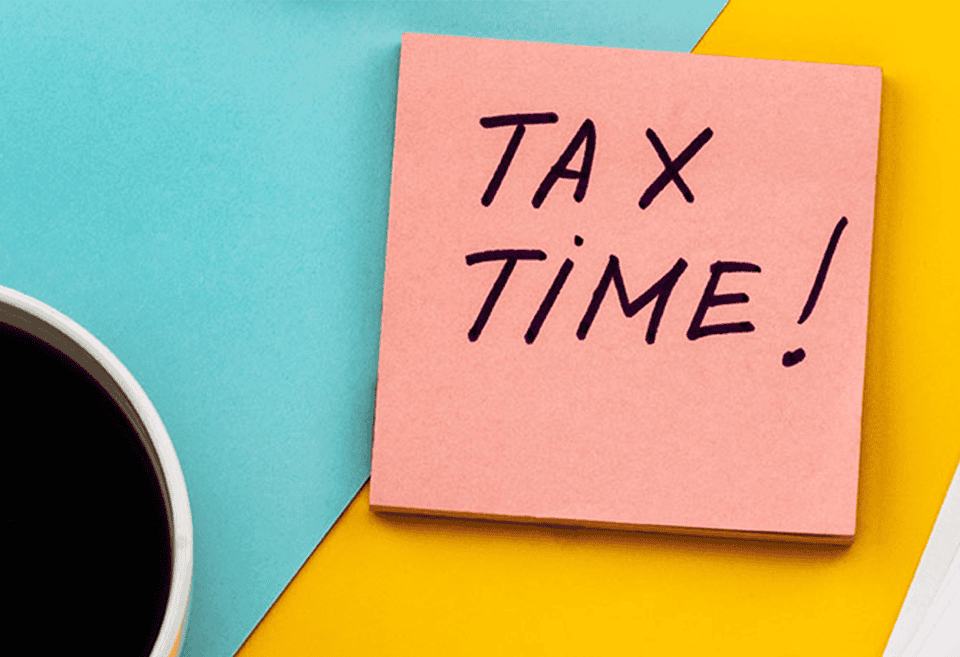3 Solutions to Help You Keep Your Financial Resolutions

It’s a brand new year! An opportunity to press the refresh button, and a perfect time for self-reflecting, goal setting, and mapping out our lives for the next 365 days.
Our resolutions act as a guidebook to success, and if we follow our path precisely, then we’re supposed to feel a real sense of accomplishment, right? But sadly, most people will have already failed at keeping their resolutions by February.
Big goals are a big commitment, and it all begins with thoughtful planning. Some of the most common financial resolutions are to pay down debt, stick to a budget, and –you guessed it—save money. Here are three ways to kick start the year and stay on track with your financial goals…
1. Set Measurable and Specific Goals.
Saving money is a great goal, but here’s the deal; setting goals—whether financial or otherwise— starts with making them measurable, and if you’re not specific about what you want and the steps you need to take, then your dream will become nearly impossible to reach.
Begin by reviewing your most recent financial statements, as far back as six months, and assessing your current financial situation. If you’re serious about saving, you should ask yourself the following questions—
- How much do I want to save?
- Is this a short-term goal or an ongoing savings plan?
- How long will it take me to reach my goal?
- Realistically, how much can I set aside comfortably while meeting my other financial priorities?
Once you’ve analyzed your financial plan and want to take action, start by automating your savings. Set up weekly, bi-weekly, or monthly auto transfers from your checking account— preferably into an account separate from your primary so you don’t get tempted to dig into it. The less accessible it is to you, the better.
If you don’t know where to begin, start by taking our 52-Week Savings Challenge! If you follow this plan, you’ll have saved more than $1,300 once you hit the 52-week mark, and if you’re reading this article after January, don’t sweat—deposit the lump sum that’s due for the previous weeks so you can catch up and start saving right away.
2. Your Milestones Are A Big Deal.
Whether you want to consolidate your debt, pay down your student loans or save for a big vacation, remember to celebrate your victories.
Practicing self-regulation isn’t always easy, especially when you’re sticking to a budget, and we understand that you might fall off track once in a while. So when you reach a milestone in your path to financial wellness, take a moment to recognize your progress and appreciate what you’ve accomplished thus far. These moments are proven to psychologically motivate and uplift you, sometimes when you need it most.
This doesn’t mean you should go on a shopping spree when you’ve reached $200 in your savings account or that you take a long break after a few weeks of paying down your debt. It means you revisit your happy place: Do something you love and take a day to not think about money, goals, bills and all things associated with resolutions.
If you feel like you’ve fallen behind, don’t get discouraged. Making dreams happen is what we do and with us, it’s personal. Revisit your budget and use our financial calculators or speak to one of our relationship officers to help get you back on track.
3. Wellness Begins From Within.
In Stephen Covey’s classic book, 7 Habits of Highly Effective People, one of the major takeaways is to sharpen the saw, and ultimately look within and accept that you control your own happiness.
When you’re proactive, he said, you choose your behavior based on principles rather than your own feelings or circumstances. And it’s true; if you’re not happy in all other areas in your life, it will be harder to stay focused on making major changes in one area. Sharpening the saw means to not work yourself to death when it comes to meeting your resolutions. If you go easier on yourself, you’ll be likelier to keep them.
And we get it; all of this seems easier said than done, especially if the year hits us with an unexpected financial challenge or two. Anytime there’s a change in your finances, whether it’s a setback or a windfall, make sure to adjust your financial plan accordingly so you don’t fall behind, and if you want to make long-lasting financial habits, take a chance and commit.





